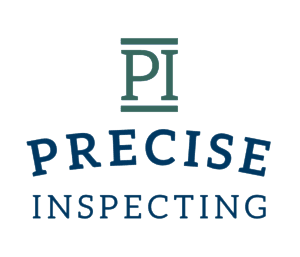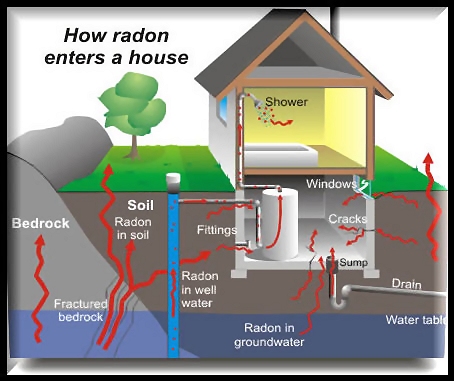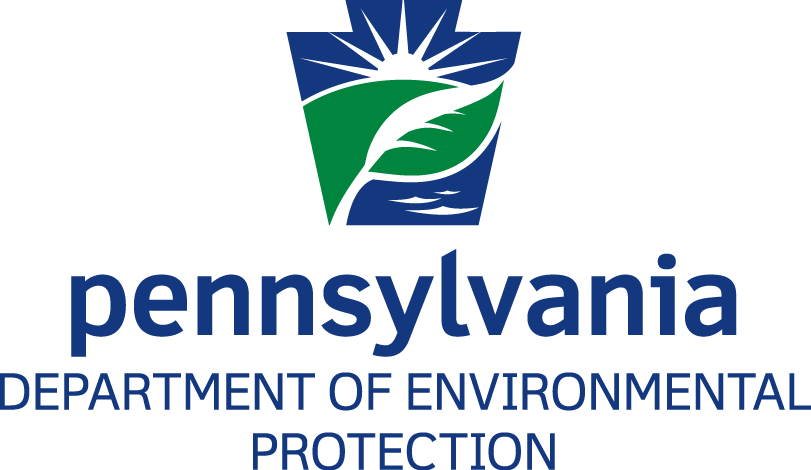Radon Testing
PA DEP requirements for radon testing require a separate test for each “structural zone” that contacts the soil. In layman’s terms, this means that homes with basements, crawlspaces or separate slabs (i.e. sun room additions) may require 2 or 3 radon tests
According to the EPA radon gas is a class A carcinogen and is the second leading cause of lung cancer, after smoking. Radon is a radioactive gas that comes from the natural breakdown of uranium in soil, rock, and water in the earth. Radon typically moves up through the ground to the air above and into your home through cracks and holes in the foundation.
Any home can have a radon problem. Nearly 1 in every 15 homes is estimated to have an elevated Radon level (4 pCi/L or more). The higher the home’s radon level the greater the health risk to you and your family. The EPA and the Surgeon General strongly recommend taking further action when the home’s radon test results are 4.0 pCi/L or greater.
You cannot predict radon levels based on state, local or neighborhood measurements. Testing is the only way to know if you and your family are at risk from radon. If you are buying a home you should know what the indoor radon level is before you settle. Reducing your radon levels can be done easily, effectively and inexpensively.
Radon Mitigation System Inspection – An effectively operating radon mitigation system is crucial to removing radon gas from a home. Mitigation installation standards have greatly changed in recent years. Inspecting the mitigation system itself is an important step in ensuring that radon gas is being effectively removed from your home. Many older systems have been improperly installed and in some cases actually reintroduce radon gas in to the home. Our mitigation inspection in a 24-point evaluation using ASHI Radon Standard.
Radon in water – Radon gas can dissolve and accumulate in water from underground sources (called ground water), such as wells. When water that contains radon is used in the home for showering, washing dishes, and cooking, radon gas escapes from the water and goes into the air. It is similar to carbonated soda drinks where carbon dioxide is dissolved in the soda and is released when you open the bottle. Some radon also stays in the water. There is currently no federally-enforced or PA DEP drinking water standard for radon. The EPA does not regulate private wells. Precise Inspecting can provide a lab certified test for radon in well water.
Radon Certification #3295
Our measurement technicians are extensively trained in radon testing protocols and procedures, what an action level is, which homes should be tested for radon and when they should be tested, what testing devices you can use for radon tests, who can conduct the radon test, device placement protocols, when additional monitors should be used, building requirements for a radon test, when a short-term or long-term measurement should be used, post-mitigation radon testing protocol, and the purpose of these protocols.




